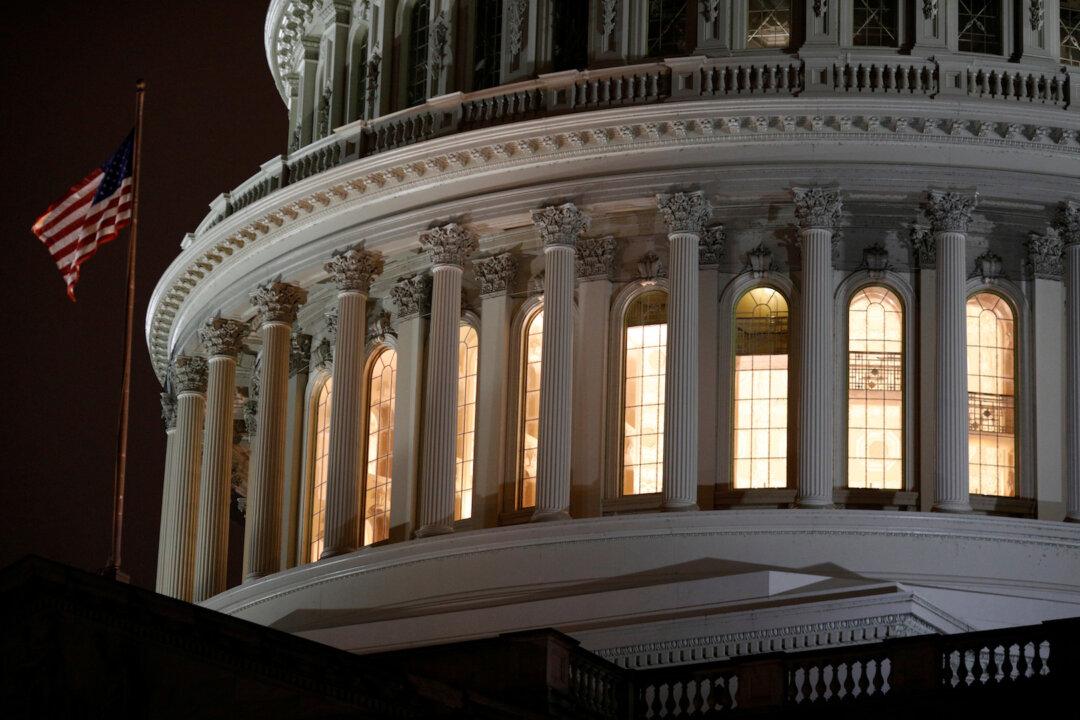A bipartisan House group of about 50 lawmakers offered a COVID-19 relief bill in an attempt to break an impasse between top Democrats and the White House.
The Problem Solvers Caucus, comprised of Democrats and Republicans, proposed a $1.5 trillion package that provides boosted unemployment insurance, stimulus payments, and aid for states and cities.





